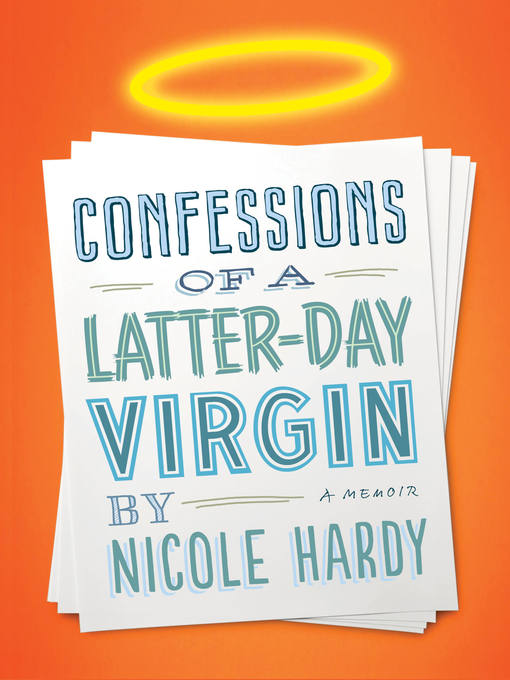
Confessions of a Latter-day Virgin
A Memoir
کتاب های مرتبط
- اطلاعات
- نقد و بررسی
- دیدگاه کاربران
نقد و بررسی

May 27, 2013
In this captivating memoir, poet and essayist Hardy recounts her efforts to reconcile the tenets of her Mormon upbringing with her evolving personal identity. She decides to leave the church at age 35, having long questioned the rules it prescribes for women. Taking stock of her life in her mid-20s, Hardy writes, “All six of my best college friends are married. My brother is married. Every Mormon girl in my high school class, and probably two or three below me, is married.” As she wrestles with her sexuality, religious choices, and the search for a husband, she also travels, takes up salsa dancing, moves to Grand Cayman island, and falls in love with scuba diving. Hardy is ambivalent toward having children—an ambivalence that is nearly unheard of in the church. “I’ve never met an LDS woman who has chosen to be childless, the same way I’ve never met an LDS woman who has chosen not to marry.” Hardy also pursues her love of writing by obtaining an M.F.A. from Bennington. Her memoir is a candid, insightful account of her struggle to find peace with herself. Agent: Susan Golumb, Susan Golumb Literary Agency.

July 1, 2013
A poet and essayist's candid account of how she came to painful terms with her sexuality and her Mormon faith. Growing up in the Mormon Church, Hardy (This Blonde, 2009, etc.) learned early on that the only "right way to live" was by following Mormon doctrine. She also learned that, as a woman, a home, babies and a "hot dad" of a husband were the three most important things she could aspire to have. Unlike the Mormon girls she knew, though, Hardy wanted time to live life on her own terms before committing to the eternal partnership promised by an LDS marriage. But she faced two problems. With every year that passed, the pool of available Mormon men grew smaller, and any males she dated outside the church were more likely to expect sex from her. Tormented by efforts to keep "[her] body separate from [her] spirit," Hardy sought release from desire in the sexy rhythms of salsa and flirtations that sometimes led to more than she bargained for. Meanwhile, she fumbled her way through a series of unconsummated relationships throughout her 20s and 30s. Despite the endless sexual frustrations and the despair into which she eventually sank, the author still found the beginnings of the personal fulfillment for which she longed in teaching, travel and writing poetry. It wasn't until she was over 35 that Hardy finally renounced celibacy and broke away from the church. To her credit, she still managed to maintain respect for the imperfect and often contradictory system that, though unable to completely accept or understand her need for independence, still "taught [her] so much about integrity and love." A searching, sensual celebration of one woman's struggle for identity and autonomy.
COPYRIGHT(2013) Kirkus Reviews, ALL RIGHTS RESERVED.

June 1, 2013
What is it like to be a devout Mormon woman in today's world? Poet and essayist Hardy first opined on the matter in her New York Times Magazine column, Modern Love, in which she laid bare her personal struggles to be true to both her heart and her faith. In this achingly candid memoir, Hardy delves more deeply into the dilemmas faced as she aged out of the church's single ward and into her thirties. At a time when her mind should have been on the Mormon tenets of marriage and motherhood, Hardy found herself more interested in writing. (Reading Refuge by Mormon writer Terry Tempest Williams had proved a pivotal moment in life. A Mormon woman, writing? I didn't know such a thing existed, Hardy writes. Could exist. ) Falling in love with a Catholic man vexed Hardy further. Could she make it work with a partner who didn't share the views that had guided her throughout her life? Although her account occasionally gets bogged down in too much detail, Hardy's confessional tone is engaging, and her story is moving.(Reprinted with permission of Booklist, copyright 2013, American Library Association.)

























دیدگاه کاربران